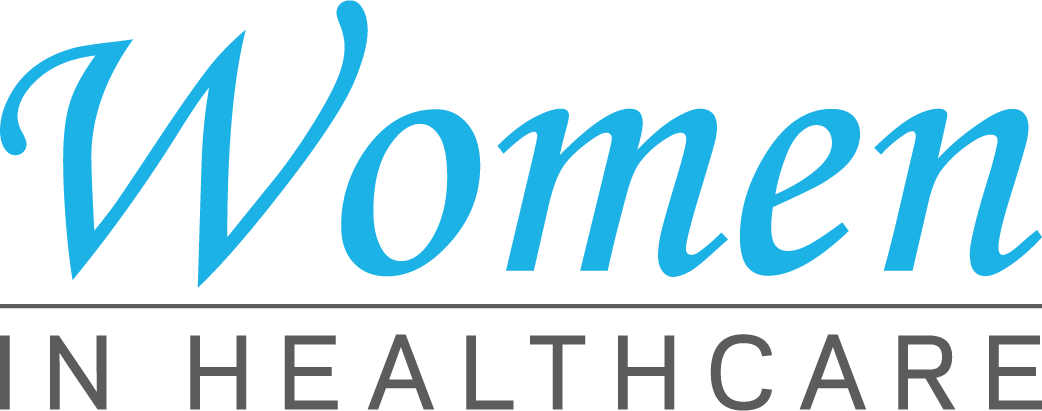Why Healthcare RCM is Necessary for Financial Wellness in Medical Practices
Why Healthcare RCM is Necessary for Financial Wellness in Medical Practices
Blog Article
Understanding the Role of Medical Care RCM in Enhancing Financial Performance and Individual Fulfillment
Browsing the intricacies of Medical care Earnings Cycle Administration (RCM) is important for accomplishing optimum monetary efficiency while at the same time elevating patient complete satisfaction. RCM's ability to streamline payment, guarantee precise coding, and speed up insurance claims processing stands as a keystone of contemporary healthcare procedures. Nonetheless, the nuanced interaction between these elements warrants a better exam to completely appreciate their effect on both health care providers and clients. As we explore the transformative capacity of RCM, inquiries about its critical implementation and future innovations beckon, encouraging insights that can redefine industry requirements and patient experiences alike.

Secret Parts of RCM
In the complex landscape of health care, Income Cycle Monitoring (RCM) is critical in ensuring monetary security and operational effectiveness. A detailed RCM system incorporates a number of critical parts, each playing a crucial duty in the seamless monitoring of a medical care service provider's monetary procedures. Patient registration and qualification verification are foundational actions, ensuring that accurate person details is caught and insurance coverage is validated prior to services are provided. This minimizes the danger of insurance claim rejections and accelerates the repayment process.

Fee capture is an additional essential element, involving the accurate recording of services provided to clients. It makes sure that all billable solutions are made up, consequently making best use of earnings capacity. Simultaneously, clinical coding translates patient experiences into standardized codes, which are important for payment and regulative compliance.
Claims submission and monitoring comply with, involving the preparation and submission of claims to payers. This procedure needs precise focus to detail to decrease mistakes and prevent delays. Denial monitoring is an aggressive approach to deal with and deal with refuted claims, safeguarding earnings streams.
Finally, settlement uploading and patient collections complete the cycle, making sure settlements are accurately taped and impressive balances are sought. Together, these elements develop a durable framework that sustains the operational and monetary health and wellness of healthcare organizations.
Effect On Financial Efficiency
Effective Income Cycle Management (RCM) significantly affects a medical care organization's economic performance by enhancing money circulation and lowering revenue leak. RCM includes the thorough billing and collection procedures that make certain doctor effectively manage their financial deals from person enrollment to final payment. By enhancing these processes, companies can minimize rejected insurance claims, expedite repayment cycles, and enhance overall economic health and wellness.
Monetary efficiency is enhanced through precise management of payment treatments, which entails exact coding and timely entry of insurance claims. This reduces the possibility of claim rejections and beings rejected, which can considerably hinder profits flow if not resolved quickly. Additionally, integrating sophisticated modern technology solutions facilitates real-time tracking of insurance claims and financial metrics, giving healthcare administrators with the devices needed to make enlightened tactical decisions.

Enhancing Individual Complete Satisfaction
While enhancing monetary performance is a crucial goal of Income Cycle Monitoring (RCM), it additionally plays a crucial duty in enhancing individual complete satisfaction. Clients today demand openness, effectiveness, and accuracy in their health care communications. RCM systems simplify these procedures, offering patients a smooth experience from consultation organizing to payment. By decreasing administrative problems, RCM allows healthcare service providers to focus a lot more on patient care, which straight boosts client fulfillment.

RCM additionally improves client complete satisfaction with reliable communication. By keeping an extensive database recommended you read of client information, RCM assists in boosted interaction between individuals and healthcare suppliers, guaranteeing patients feel notified and valued.
Techniques for Reliable RCM
Achieving reliable Revenue Cycle Administration (RCM) needs medical care companies to carry out a set of strategic techniques that make sure economic stability and operational efficiency. One critical strategy is the fostering of technology-driven options, such as integrated software systems that simplify invoicing processes, minimize mistakes, and improve information precision. These systems allow real-time tracking of economic metrics, permitting timely recognition and correction of inefficiencies.
One more technique is the standardization of procedures throughout the income cycle. Healthcare RCM. This includes establishing constant policies for patient enrollment, insurance policy confirmation, and declares handling. By guaranteeing that all personnel stick to these standards, organizations can lessen inconsistencies and expedite settlement collections
Team training and development also play a pivotal role in efficient RCM. Well-trained workers can successfully navigate complex payment treatments and laws, lowering look at this now denials and improving capital. Regular updates on policy adjustments and ideal practices help keep a qualified and educated labor force.
Future Trends in RCM
As health care companies improve their Income Cycle Management (RCM) approaches with modern technology and standard processes, interest is now transforming in the direction of the future trends forming this vital area. One significant fad is the integration of expert system (AI) and artificial intelligence to automate complex tasks, such as insurance claims processing and predictive analytics. These modern technologies are anticipated to lower errors, increase purchase times, and give data-driven understandings for much better decision-making.
Additionally, the change in the direction of value-based treatment remains to influence RCM practices - Healthcare RCM. Medical care carriers are anticipated to significantly concentrate on person results and complete satisfaction, requiring RCM systems that can fit brand-new compensation models. This change will require more thorough information collection and analysis to successfully report and gauge on efficiency metrics
Interoperability is one more emerging priority, as seamless information exchange between disparate systems becomes critical. Improved interoperability will facilitate even more accurate person info sharing, decreasing administrative burdens and enhancing the patient experience.
Conclusion
Healthcare Profits Cycle Administration (RCM) dramatically affects both economic performance and patient contentment by maximizing payment processes, guaranteeing accurate coding, and allowing punctual insurance claims entry. Effective RCM minimizes earnings leak and increases cash flow, reducing claim denials and accelerating settlements.
Browsing the intricacies of Healthcare Profits Cycle Administration (RCM) is important for accomplishing optimum economic performance while simultaneously elevating client contentment. RCM encompasses the thorough invoicing and collection procedures that make sure healthcare service providers effectively handle their monetary deals from client enrollment to final repayment. By reducing management concerns, RCM permits healthcare suppliers to concentrate extra on patient care, which directly enhances client complete satisfaction.
By maintaining a thorough database of individual information, RCM helps with enhanced communication between people and medical care service providers, making certain patients really feel informed and site valued.Healthcare Earnings Cycle Administration (RCM) significantly affects both financial performance and individual complete satisfaction by enhancing payment procedures, ensuring exact coding, and allowing timely claims entry.
Report this page